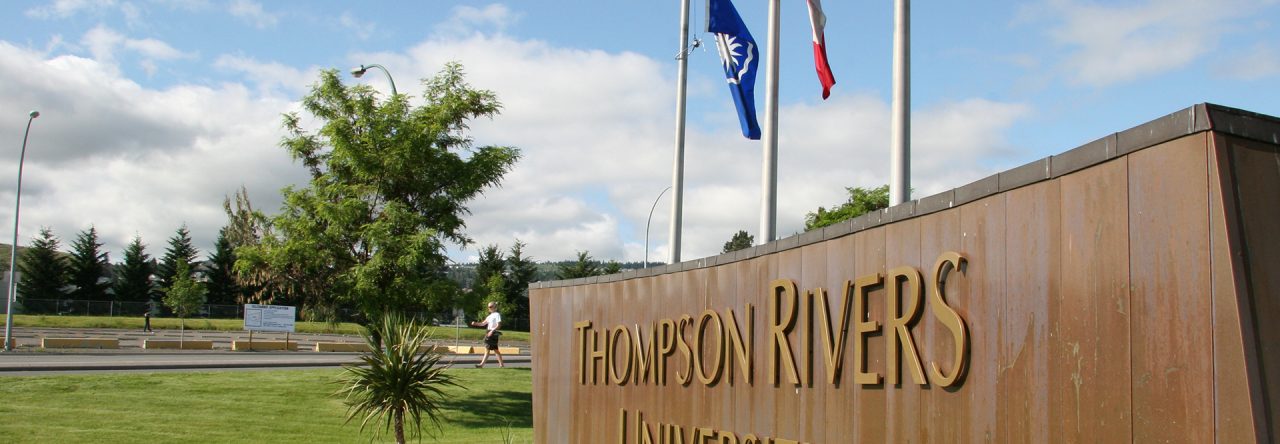
Community of Inquiry Framework
By Naowarat (Ann) Cheeptham and Carol Rees
We were thrilled to be asked to share the outcome of our curiosity-driven inquiry-based learning research project that was led by Dr. Carol Rees. Though Dr. Rees lives now in Ireland and is retired from teaching at TRU, she continues to be active in research and is still leading our team. Our team shares a passion for life-long learning community and creating curiosity culture between K-16 educators. In 2020, Drs. Carol Rees (Principal Investigator), Michelle Harrison, and Ann Cheeptham collaborated with Christine Miller (TRU), Morgan Whitehouse, Elizabeth deVries, and Grady Sjokvist from SD73 to apply for a Partnership Engage Grant (PEG). We were awarded $24,662 from Social Sciences and Humanities Research Council (SSHRC) for our project entitled “Supporting curiosity-driven inquiry-based science education online through a community-of-inquiry partnership: rethinking pedagogical approaches during the Covid-19 pandemic.” Our team has also included Lorri Weaver and Hannah Allen as research assistants.
Fourteen science teachers K-12 from the Kamloops Thompson School District (SD#73)–Melody Steffenson, Hilary Villeneuve, Serena Reves, Amanda Straker, Jenn Filek, Laura Syms, Brandy Turner, Kim Lavigne, Chris Spanis, Sharmane Baerg, Courtney Bruin, Monica Bergeron and Lisa Galloway–and four TRU faculty members–Drs. Lyn Baldwin, Nancy Flood, Tory Anchikoski, and Crystal Huscroft–participated in the project.
To achieve our goal, we created a Community of Inquiry (COI) from middle and high school teachers and university instructors dedicated to sharing knowledge of their experiences and from the literature to support curiosity-driven inquiry-based science education online, face-to-face with social distancing, and a hybrid of the two (Garrison, Anderson, & Archer, 2000). The COI was established as an online space, founded on the principle of three shared presences: social, cognitive, and teaching, established for participants by facilitators to create conditions to promote collaborative discovery and the co-creation of knowledge. In this one-year PEG supported project, the participants in the COI worked with facilitators from our research group through cycles of discussion, planning, trial in their own school and university classrooms, and reflection. Our research study was integrated into the COI so that findings from each cycle were brought back to the participants for the next cycle. In this way, knowledge was generated and built upon over the year.
Besides a conference presentation and a manuscript-in-preparation, a successful open learning resource (OER) was created and is now live for all interested teachers and faculty to access at this link: https://scienceinquiry.opened.ca/. The OER takes the form of blog posts from participating teachers and faculty members.
Reference:
Garrison, D. R., Anderson, T., & Archer, W. (2000). Critical inquiry in a text-based environment: Computer conferencing in higher education model. The Internet and Higher Education, 2(2-3), 87-105.

Leave a Reply